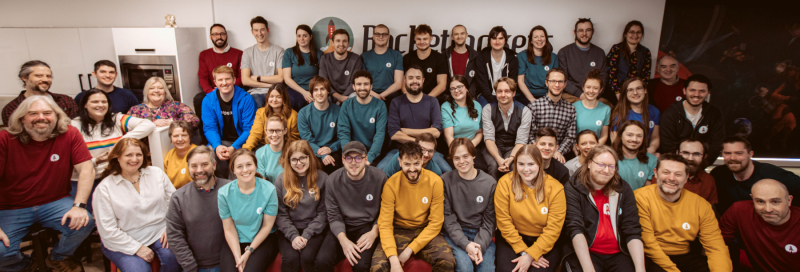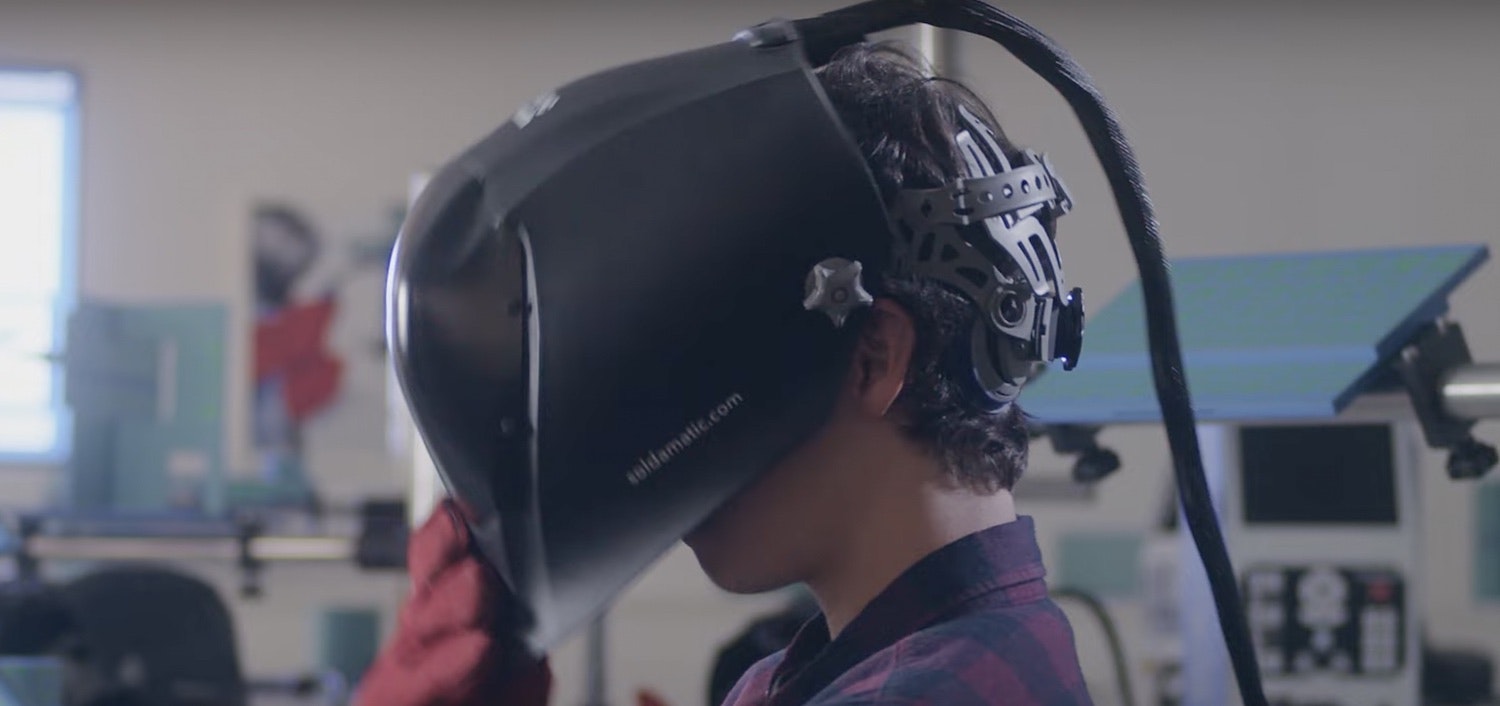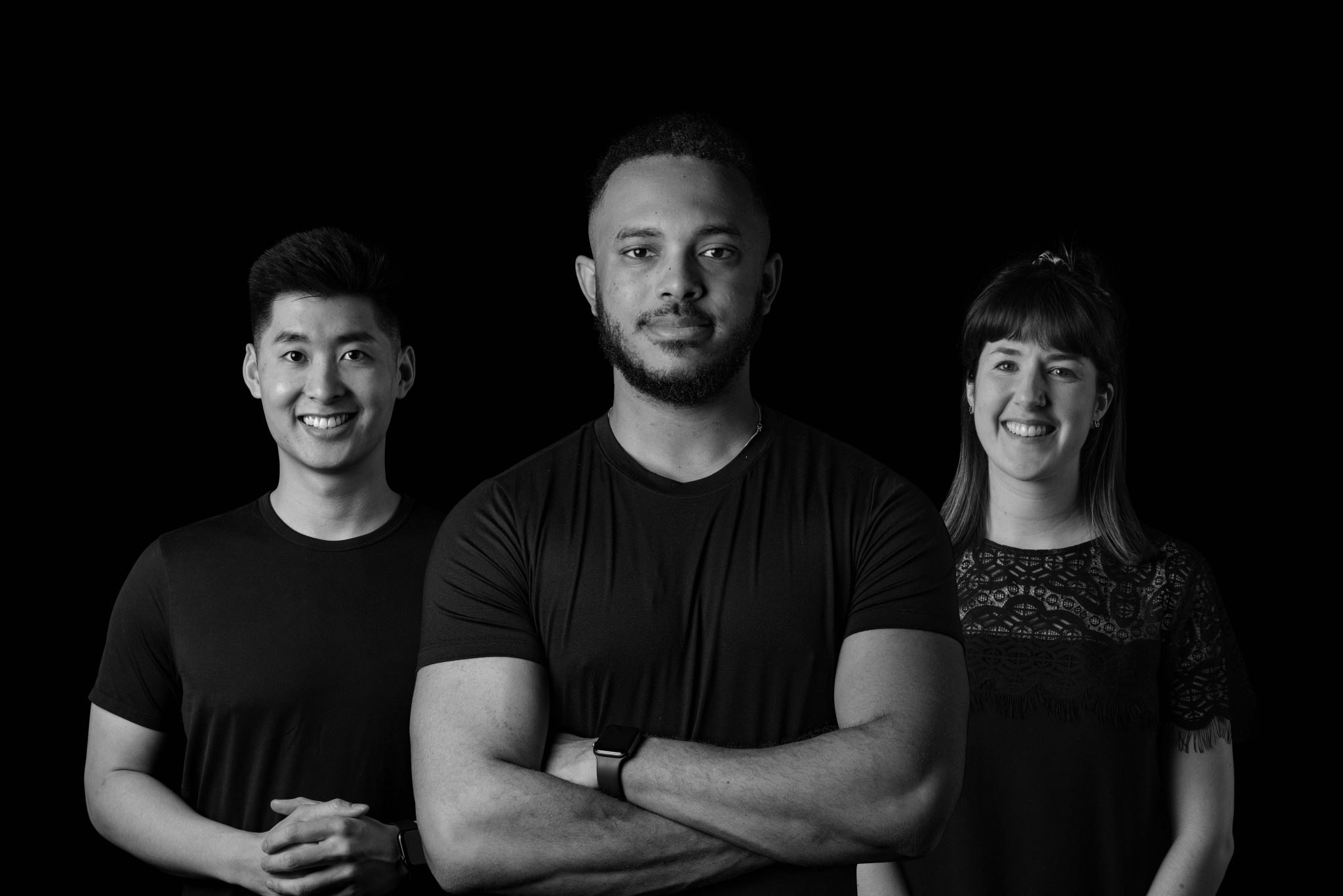test
this is version 6.4.2 testing
Company builder Entrepreneur First (EF) — which started out in 2011 as Europe’s answer to Y Combinator — is hosting its first-ever demo day in San Francisco today, after launching in the US last October.
Thirty-two companies are pitching at the event, which is cohosted by LinkedIn founder and EF investor Reid Hoffman, in front of partners from top US and European funds such as Kleiner Perkins, Khosla Ventures, Google Ventures, Lightspeed, NEA, Greylock Partners and LocalGlobe.
The startups — the majority of which are applied AI companies — have all relocated to San Fran from London, Paris, Bangalore and New York.
It marks the start of a new, more US-focused chapter for EF, in which all its startups will be obliged to move to California for the second part of its programme that leads up to demo day, as well as officially incorporate their companies in the US.
“It’s a city that only talks about tech,” says Alice Bentinck, EF cofounder and CEO.
“We’re still very bullish on the UK and Europe; it has some of the world’s best talent — and they have an increasing inclination to found. But, ultimately for our customers, this is the thing they find most attractive… The Bay Area still does have a degree of magic that’s hard to replicate elsewhere.”
The San Francisco shift
EF’s “customers” — the would-be founders that go through its programme to find a cofounder and launch a company — are, these days, people who have just graduated or are still early on in their career, says Bentinck.
Spending time in San Fran is “an amazing training opportunity for them,” she says. “So many of the world’s big-name founders are based here — we’ve had people like Alex Wang [founder of Scale AI and the world’s youngest self-made billionaire] come and do a talk, people like Daniel Gross [former founder and influential AI investor] and Adam D’Angelo from [AI giant] Anthropic. You get access to these kinds of people.”
Bentinck hopes the move to San Fran (and the Delaware flip that most of the 32 companies have done) will also make fundraising much faster — and worth the “punchy” cost of living.
“It is really expensive here — but the fundraising process is faster; a couple of weeks rather than a couple of months,” she says.
Teams that pass EF’s pre-seed investment committee (which takes place at the end of the first half of the programme) receive $125k in investment via a convertible loan note (or a similar instrument, depending on location), in exchange for 8% of the company. Those that pitch at demo day in the US get a further $125k in the form of a SAFE with an MFN (a most favoured nation clause); that investment comes directly from one of EF's LPs, Transpose Platform. The SAFE will convert at the startup's next equity round, on the most investor-favourable terms.
Bentinck is hopeful that teams will raise from both US and European investors — and says partners from several European VCs, including LocalGlobe, Eka, Common Magic, Tiny VC and Fly will be attending the demo day in person. She says none of the companies pitching at demo day have already closed rounds.
The companies
Companies started in Europe and now pitching at demo day include Altrove, which is using AI and lab automation to make new materials faster; Syntetica, which produces recycled materials for the textile industry; and Audiogen, which can add sound effects to videos that have no sound at all.
There’s also Trident AI, a real-time fraud investigation tool for banks. Its CEO, Zain Hussain, spent four years working at Monzo in its fraud team, while also studying for a law degree, says Bentinck — and passed the bar exam too.
Meanwhile, Marko Kraemer, the 18-year-old founder of Kortix AI (which helps you train AI employees) has just left school — and this isn’t even his first startup.


